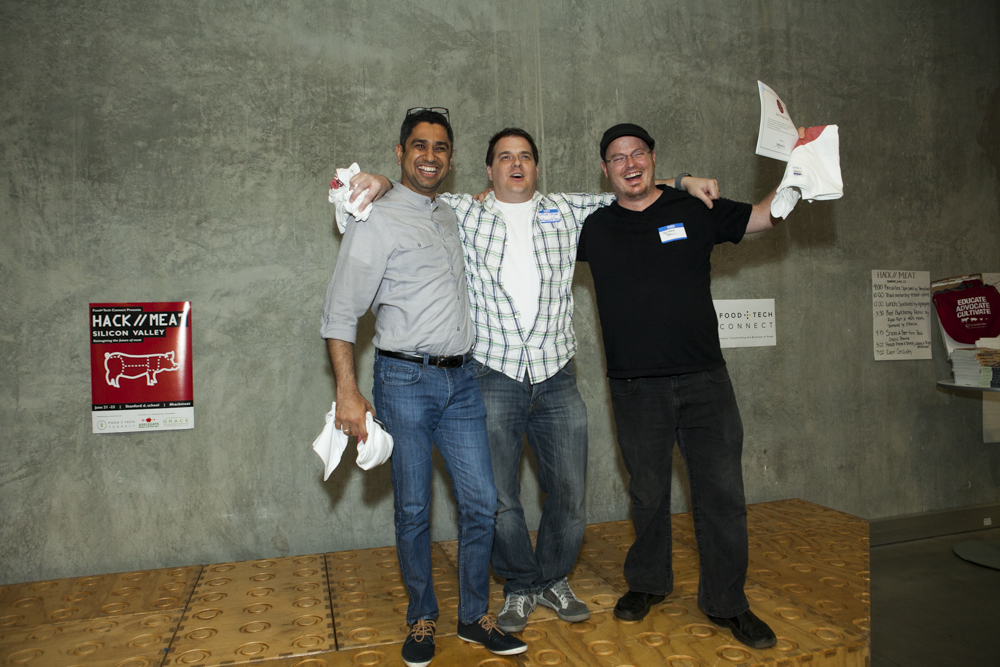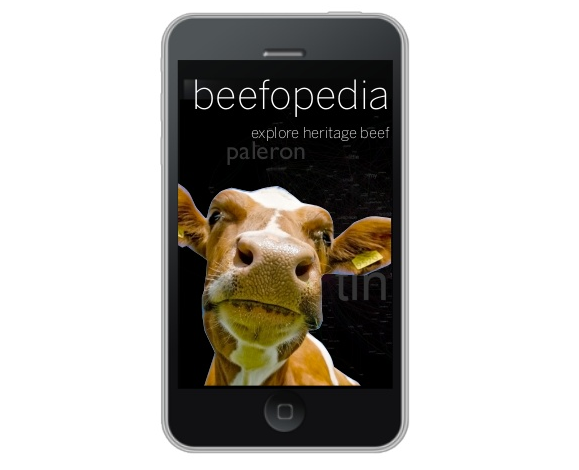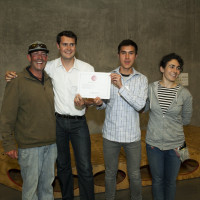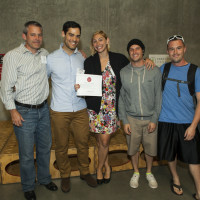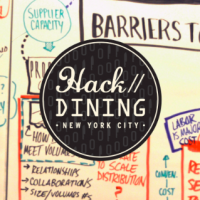Four months ago, we hosted Hack//Meat Silicon Valley, a hackathon that brought together 250 food industry leaders, entrepreneurs, technologists and creatives to develop hardware and software solutions to sustainable meat challenges. Ten winning teams were awarded prizes worth more than $125,000, including cash and consulting services from industry leaders to help them continue development of their projects.
Since the hackathon, many teams have continued working on their projects, so we’ve decided to share their progress through a series of blog posts over the coming weeks.
This week, we catch up with best design winner, Beefopedia, to find out how their concept has changed, what challenges they’ve faced and what may be next on the horizon.
Check out the progress of these winning teams, too:
- Farmstacker is an eHarmony or AirBnb tool to connect young farmers with land and capital.
- Buyotic is a mobile app that helps consumers shop their values by locating antibiotic-free chicken and make pledges to purchase it.
- Cow Share With Us has split into CowTippr, an online grassfed and grass finished beef buying platform, and The Honest Bison, an online store for grassfed and grass-finished bison.
Please share your feedback or resources in the comments below to help Beefopedia continue developing its project.
__________________________
Food+Tech Connect: Has your team continued development of Beefopedia after the hackathon? Why or why not?
Beefopedia: Our team continued connecting with James Beard foundation to see if they were interested in the model. They were but lacked financial resources, and we did not have the backing to continue this project further. We were connecting with some investors, too, but were not able to move further. However, it was interesting to meet some of the Food+Tech Connect people and some of the other mentors and participants at a recent event in SF. We have not been able to connect as a team yet due to everyone’s schedules and geography constraints. We have to see how we can evaluate and take this project further. Two of us will hopefully be attending the November Food hackathon to connect further with people in the industry and see if we can get more takers on this project.
FTC: What happened with the investors you approached? Why were they not able to continue?
B: We just had initial discussions, but were not able to find investors or target specific VCs that were intrigued by our platform.
FTC: What challenges have you faced in continuing to develop your idea and testing your prototype?
B: We did not have a technology person in our team. We created and visualized the concept, but to make it into an actual tool we would need person with a technical background to create the tool. I had approached a couple people, but as they were not involved in the hackathon it was hard to find some who would create the initial prototype for free.
FTC: What additional feedback, support or resources do you need to move forward?
B: We do need help with the technology and the financial aspect of the tool.
FTC: What specific technology help are you seeking?
B: We need someone who can start building the overall platform, whether it is mobile or web-based. We recognize that in order for this platform to have a wider audience, we will need both web and mobile platforms. This project it unique because it will attract chefs and food enthusiasts who need ideas and inspiration for cooking with grassfed meat. Through our platform, they will be able to connect to other menu or recipe sites (e.g. Yummly). Building this platform will be a challenge because we have to incorporate visualization in addition to product detail and information.
FTC: What are the next steps for Beefopedia?
B: We will continue to explore any technology or financial help available for this tool to take it further.
FTC: Have you been able to demonstrate that there is in fact demand for the product?
B: No, we have not been able to specifically address this issue yet.

